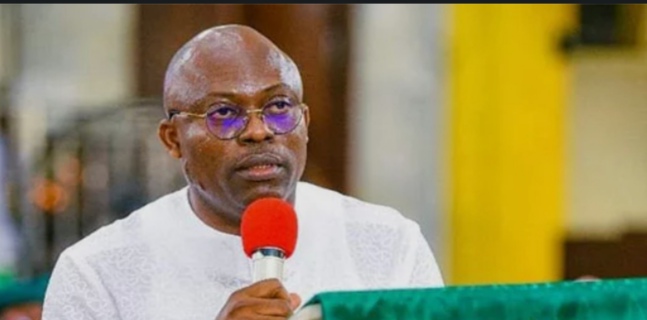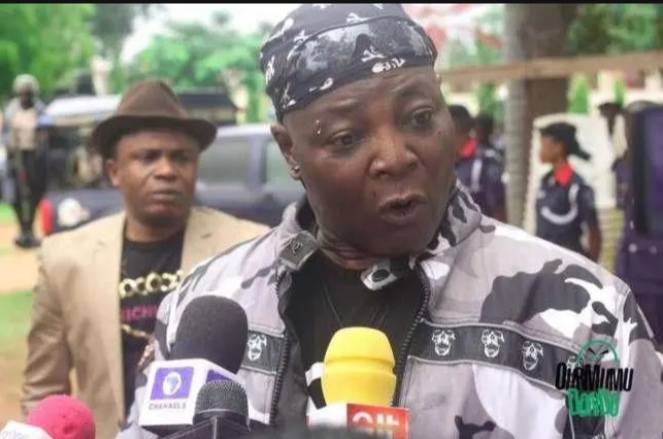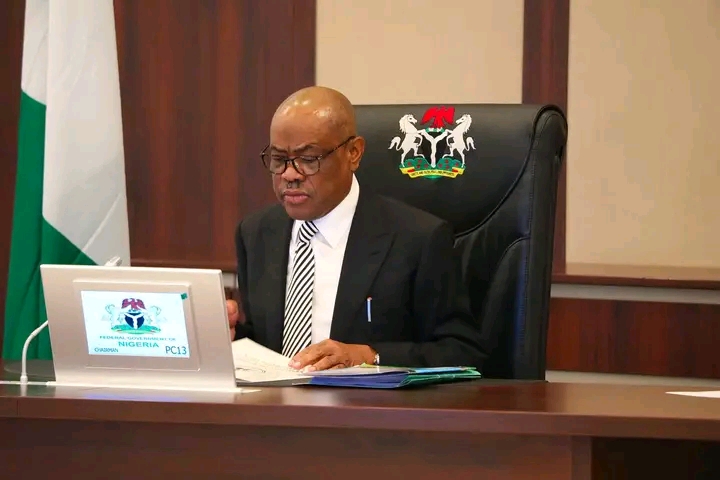Rivers State Governor Siminalayi Fubara commissioned the newly completed Bori Zonal Hospital on Tuesday, using the occasion to address escalating political tensions with his predecessor, Nyesom Wike, and reaffirm his commitment to governance despite institutional roadblocks.
Fubara revealed efforts to comply with a recent Supreme Court ruling mandating the presentation of the state budget to the legislature, alleging he was “denied access” to the Assembly despite prior communication. “I did everything to resolve this today,” he stated, referencing WhatsApp messages sent to lawmakers. “Nothing lasts forever—even the greatest power will end. What matters is how we use it.”
The governor’s remarks appeared directed at Wike, now Federal Capital Territory Minister, amid a protracted feud over control of Rivers’ political machinery. “Abusing power leads to chaos. I choose restraint because there is life after power,” Fubara declared, framing his adherence to legal processes as strength, not submission.
The Bori Zonal Hospital, a N15 billion project abandoned by past administrations, was hailed as a cornerstone of Fubara’s “Rivers First” agenda. The three-story facility boasts a 105-bed capacity, ICU units, surgical theaters, mental health services, and staff quarters for 24 personnel. Health Commissioner Dr. Adaeze Oreh reported a 60% surge in healthcare visits since 2022, crediting Fubara’s investments in security, manpower, and infrastructure.
This hospital will decongest our teaching hospitals and save lives in Ogoni communities,” Fubara said, ordering immediate operationalization. The project aligns with his pledge to prioritize healthcare, education, and agriculture, despite the state’s N483.3 billion debt profile inherited from Wike’s administration.
A viral birthday artwork gifted to Fubara took center stage, symbolizing resilience. The artist, present at the event, described each nail in the piece as representing “a pain endured.” Moved, Fubara vowed, “I will not let this artwork—or your struggles—be in vain. Our pains have purpose.”
Fubara’s administration highlighted strides in healthcare:
Security:Curbed kidnappings targeting medical staff in rural areas.
Workforce:Recruited 2,000 healthcare workers, addressing chronic shortages.
Welfare:Timely promotions, salary reviews, and staff housing to boost morale.
Yet challenges loom. Only 40% of the state’s health facilities are functional, per recent audits, and the 2024 health budget remains undisclosed.











